Select from the following services
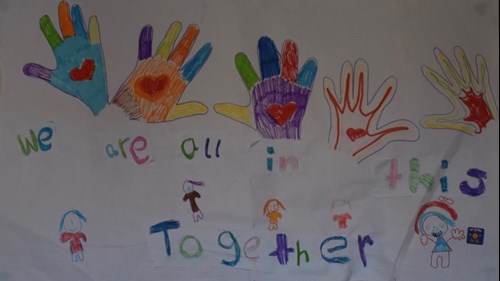
Melbourne has endured two lockdowns. The first lasted eight weeks, but the second lockdown lasted 112 days, with night curfews and time restrictions on leaving the house.
They were tough times for everyone and we all had our own approach to getting through.
Communications Volunteer, Leesa, investigated what people did to get through one of the toughest, and most successful, lockdowns in the world.
* * *
I wonder people have been doing in lockdown because of the COVID-19?
I did a lot of home-schooling with my neighbours’ children. The first lot started in the second week of March.
At first, I had a rocky start doing home-schooling because I haven’t taught children since I left my volunteer job as teacher assistant at Monash development school in 2009. So it has been a long time without teaching children.
I was home-schooling two children with one of their parents, the children were in Grades One and Two.
At the start it was hard because I had never used the program ‘Sea Saw’ before and it was confusing until I got used it. After a few days I got the hang of it and it was getting easier …unless the Internet went down or the program needed to be updated.
I used to come home at night and just fall asleep because it was so exhausting. All I wanted is my bed.
Here are some examples of their home schooling work:
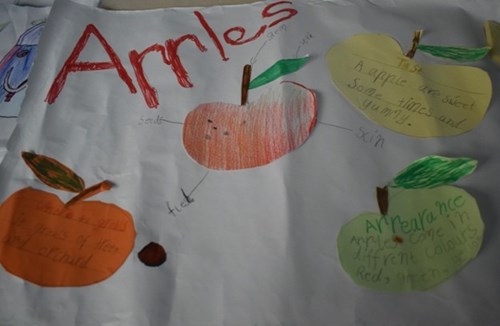
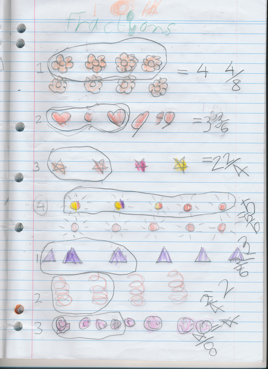
In the end, it was very rewarding. But I was wondering – what were other people doing in lockdown around Australia, and the world? So I did some research.
Cocktail hour
Before the lockdown some people liked to have a drink and a meal with their friends at least once a week, maybe down out the local pub or have a cocktail night.
When people weren’t able to do that they got creative on how they could stay connected with their friends.
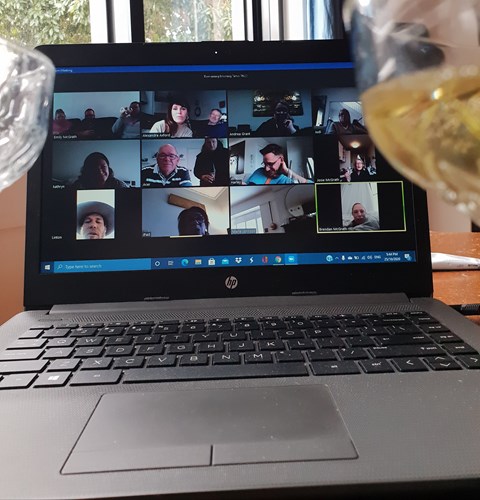
Many turned to a cocktail hour on video conferencing to meet their friends using a computer or phone, as normally they would meet down the pub at each other’s houses each week.
Those doing it said it helped them beat isolation because they could still see and talk to their friends as if they were in the same house. And to help break the monotony, many made the effort to get dressed up like they were going out.
Gardening
Being stuck at home without the ability to get the local mower guy in – many found solace and satisfaction in their gardens.
One of the gardening websites of Jerry Coleby-Williams (https://jerry-coleby-williams.net/) saw visitors to his website double by the end of June. Jerry said he was having a bit of trouble keeping up with the questions.
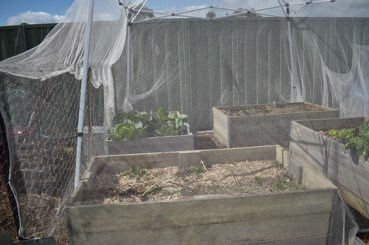
Many people planted vegetables and fruit trees for the first time as a covid-project – many because they were having trouble finding what they wanted in supermarkets as COVID impacted supply issues. Garden centres around the country found themselves running out of seeds, seedlings and plants.
Exercise
Our exercise habits were impacted during lockdown due to closed gyms, time limits for being outside the house and a physical restriction on how far people could venture.
Those of us who like to have a group of people to exercise with found it hard, but thanks to appls like Zoom or YouTube – weren’t held back for too long. Many even bought exercise bikes or treadmills to keep up their activity.
Learning languages
According to Google, people were also learning another language during lockdown - one of the most popular things on the lockdown ‘to do’ list.
The top four languages searched for in Australia were:
Drs Michiko Weinmamm and Ruth Arber, from Deakin University said it takes 200 hours to learn another language, with additional hours for self-help and practice the language – and many Melbournians certainly had many of hours to spare.
Auslan may have become so popular as millions of Australians tuned into the daily press conference of Victorian Premier, Dan Andrews, who always had a trusty Auslan interpreter by his side.
Online courses
And if another language wasn’t on the cards, many people looked to online courses as COVID-19 changed how we look at education forever.
Online education has been shown to have increased, with courses taking less time than going to university. It is anticipated people will maintain their interest in online courses after the pandemic is over, because it is felt to be easier, and take less time to do a course, and you can pick the time to do study home.
Virtual Tours
While I have been working from home for Connect Health & Community, one of my projects each week was to a virtual tour of different countries. I started doing virtual tours on 12 July as a distraction to us all as we headed into the hard, second lockdown. During the weekly diary, we visited parts of Australia, Germany, France and Portugal.
When we finally see the end of covid-19, I would like to visited all these countries. But I would have to go by a cruise, because I will not get on a plane for anyone. I do not like planes.
So if you are missing touring the world you can find my 15 weeks of Virtual Holiday tours on the Connect Health & Community website at https://connecthealth.org.au/enews/ Bon voyage!
Next week, we will explore other things people did to help them bide the time of lockdown.
A youth mental health initiative developed with students during Victoria’s lockdowns, is hoped to help reduce the stigma surrounding mental health issues and encourage teens to seek help early.
Read MoreOur Health Promotion team is supporting early learning centers through the Achievement Program, an initiative that helps services create a healthier environment for their students, staff and families.
Read MoreThis Children’s Week, we asked our paediatric team to share some of their favourite activities for kids that embrace the importance of play for a healthy lifestyle.
Read More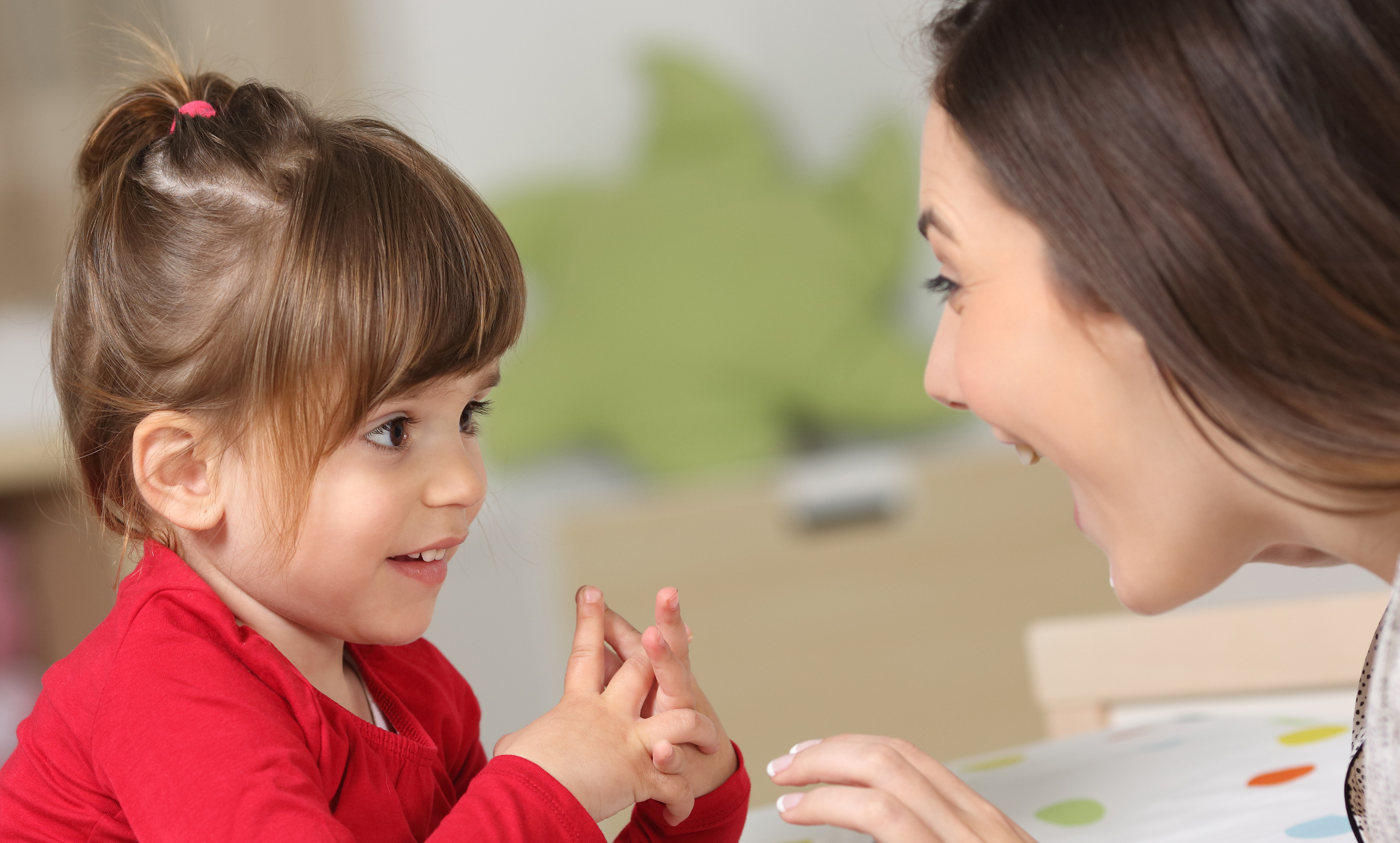
Speech pathologists provide assessment and management of communication, swallowing and feeding difficulties.
Read More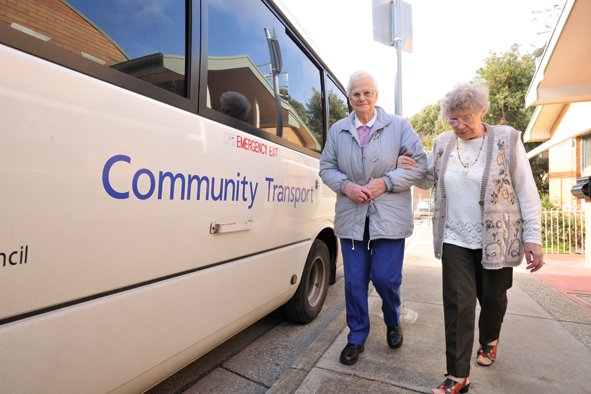
We have been offering safe and quality door-to-door transport options to our community since 1975.
Read More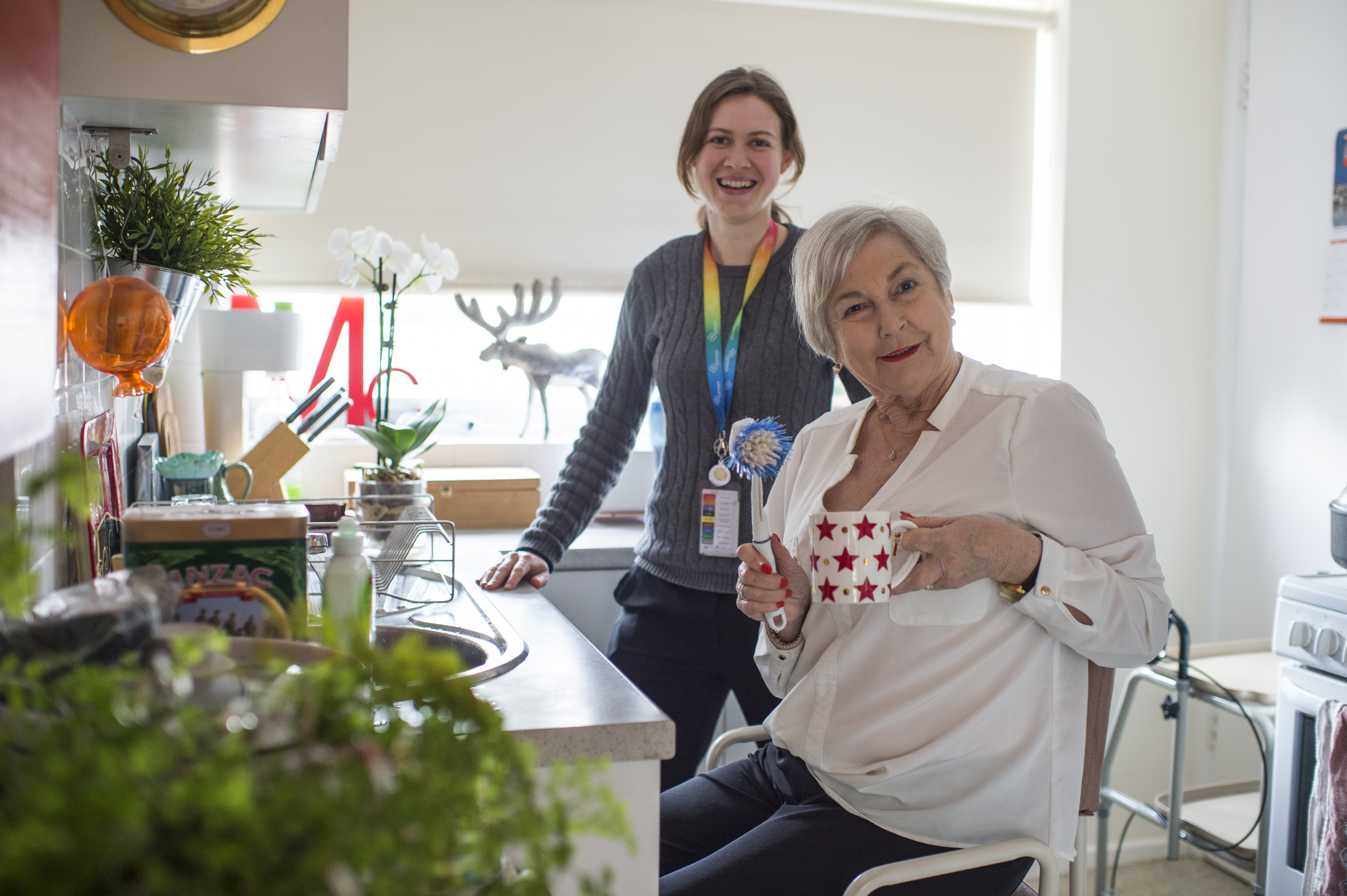
We provide Occupational Therapy to help children, adults and those experiencing mental health issues, to achieve their full potential.
Read MoreSelect from the following services